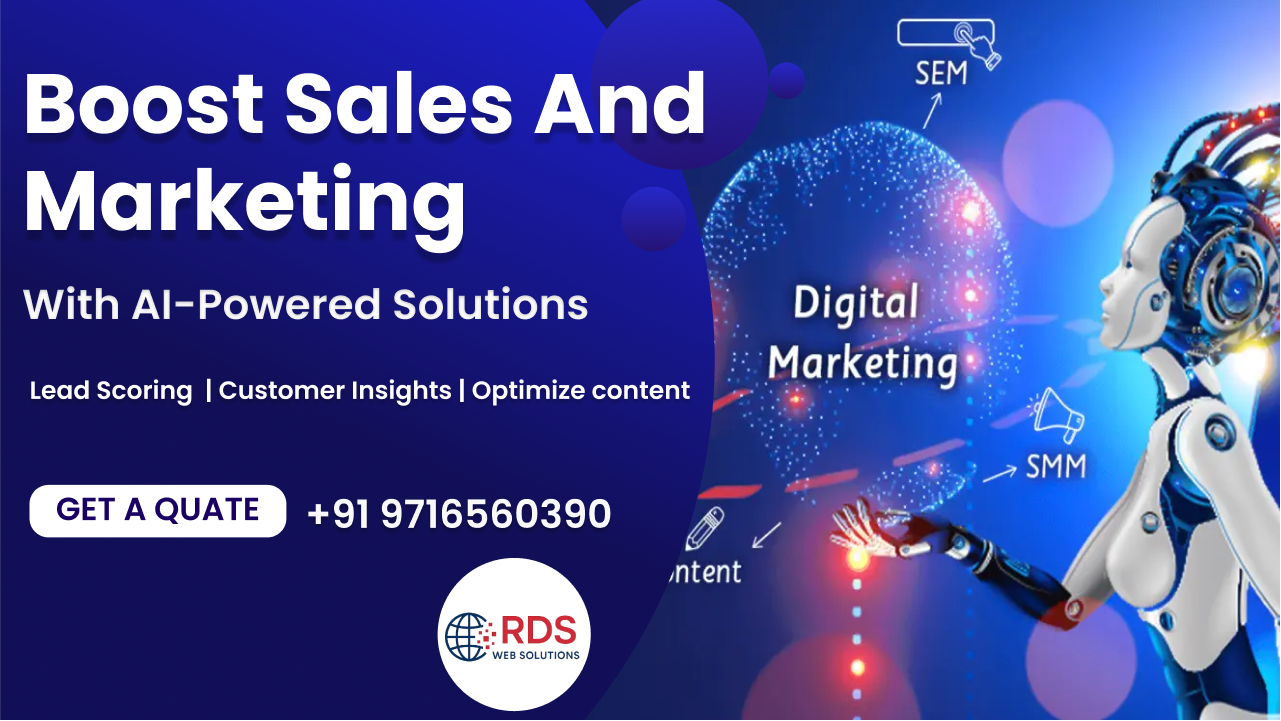
Sales and marketing are the lifelines of any business. Yet, in today’s digital-first world, traditional methods often fall short. Customers expect personalized experiences, businesses juggle multiple channels, and competition is just a click away. Enter Artificial Intelligence (AI) — the game-changer that’s redefining how businesses connect with audiences, generate leads, and close deals.
AI-powered solutions aren’t just futuristic tools anymore; they are everyday necessities. From smart chatbots to predictive analytics, AI is helping companies of all sizes increase sales efficiency, sharpen marketing strategies, and maximize ROI. In this article, we’ll explore how AI transforms the sales and marketing landscape, practical ways to use it, and why it’s the key to sustainable growth.
One of the toughest challenges in sales is finding the right prospects. Traditional cold calling or mass email campaigns often waste time and resources. AI solves this by turning guesswork into data-driven precision.
✅ Predictive Lead Scoring: AI tools analyze data points such as customer demographics, past interactions, browsing behavior, and purchase history to score leads. This helps sales teams focus only on the most promising prospects.
✅ Chatbots for Lead Capture: Instead of static forms, AI-powered chatbots engage website visitors in real-time, ask qualifying questions, and automatically route high-intent leads to sales reps.
✅ Behavioral Tracking: AI tracks digital footprints — like time spent on product pages or abandoned carts — to predict buying intent.
Example: A SaaS company using AI-based CRMs like Salesforce Einstein can automatically prioritize leads that are 70% more likely to convert, saving the sales team countless hours.
Modern consumers crave experiences tailored to their needs. According to studies, 80% of customers are more likely to buy when offered personalized experiences. AI makes personalization possible at scale.
✅ Email Marketing: AI tools optimize subject lines, send times, and offers based on each recipient’s behavior.
✅ Dynamic Content: Websites powered by AI adapt banners, product recommendations, and CTAs depending on who’s visiting.
✅ Customer Journey Mapping: AI connects data from multiple touchpoints (social, email, web, offline) to design personalized journeys.
Example: E-commerce platforms like Amazon use AI to recommend products based on browsing and purchase history, leading to billions in upsell revenue.
Predicting future revenue is vital for business planning, yet it’s notoriously difficult with manual methods. AI revolutionizes forecasting by analyzing patterns that humans often miss.
✅ Revenue Forecasting: AI looks at historical data, seasonality, market trends, and customer sentiment to predict future sales.
✅ Churn Prediction: By analyzing customer interactions, AI can identify early warning signs of churn and alert teams to take proactive measures.
✅ Performance Insights: AI-powered dashboards give sales managers real-time visibility into team performance, helping them allocate resources better.
Example: A telecom company can use AI to forecast which customers are likely to cancel their subscription within 90 days and design retention campaigns in advance.
Digital advertising is highly competitive, with businesses often overspending on campaigns that don’t deliver. AI helps optimize every penny.
✅ Programmatic Advertising: AI automatically buys ad space, targeting the right people at the right time, reducing wasted spend.
✅ A/B Testing at Scale: Instead of manually testing a few ad variations, AI can test thousands of ad creatives and pick winners in real-time.
✅ Audience Segmentation: AI analyzes behavior, demographics, and psychographics to build highly specific target groups.
Example: Platforms like Google Ads and Meta Ads use AI-driven bidding strategies that maximize conversions while keeping costs in check.
Customer engagement drives loyalty, but providing 24/7 support is expensive. AI solves this challenge through conversational intelligence.
✅ Chatbots & Virtual Assistants: AI chatbots can answer FAQs, guide users through purchases, and even upsell products.
✅ Voice AI: Intelligent voice assistants can handle inbound calls, provide instant solutions, and reduce wait times.
✅ Sentiment Analysis: AI tools read customer mood from text, chat, or voice and adjust responses accordingly.
Example: Banks use AI chatbots to handle millions of queries daily, freeing human agents for complex tasks while maintaining customer satisfaction.
Sales reps often spend over 60% of their time on administrative tasks like data entry, scheduling, and follow-ups. AI automates these tasks so they can focus on selling.
✅ Automated Data Entry: AI CRMs capture and log customer details automatically.
✅ Smart Scheduling: AI tools suggest meeting times by scanning calendars and availability.
✅ Follow-Up Reminders: AI systems send alerts when it’s the right time to follow up, increasing conversion chances.
Example: Sales teams using AI-powered assistants report productivity boosts of up to 30%, meaning more deals closed with less effort.
AI doesn’t just gather data — it interprets it instantly. Marketing and sales teams can adapt strategies on the fly.
✅ Campaign ROI Tracking: AI shows which channels are working and reallocates budget dynamically.
✅ Competitor Monitoring: AI tools scan competitor ads, pricing, and reviews, giving you a strategic edge.
✅ Trend Prediction: AI identifies emerging customer needs and suggests timely product innovations.
Example: Retailers use AI to predict seasonal trends (like festive shopping spikes) and adjust inventory accordingly.
Retaining customers is often more profitable than acquiring new ones. AI strengthens loyalty with deep insights.
✅ Customer Lifetime Value (CLV) Prediction: AI identifies high-value customers worth investing in.
✅ Personalized Loyalty Programs: AI creates offers and rewards that resonate with individual preferences.
✅ Proactive Engagement: AI alerts businesses when a customer shows early signs of disengagement.
Example: A fitness app can use AI to detect when users skip workouts and send motivational reminders or exclusive discounts.
AI isn’t just a tool — it’s a competitive advantage. Companies adopting AI gain speed, efficiency, and accuracy compared to traditional methods.
✅ Faster Decision-Making: Instant insights mean businesses don’t lose momentum.
✅ Cost Efficiency: Automation reduces overhead costs in marketing and sales.
✅ Scalability: AI solutions can handle thousands of interactions simultaneously without compromising quality.
Businesses that ignore AI risk falling behind competitors who use it to capture markets faster.
AI is still evolving, and its potential is limitless. Emerging innovations include:
✅ Generative AI for Content: Tools that create high-quality blogs, ads, and social media posts instantly.
✅ AI-Driven Video Marketing: Personalized video ads tailored to each viewer.
✅ Emotion AI: Advanced systems that detect emotions through facial expressions and voice tones.
✅ Predictive Commerce: AI that knows what a customer will buy before they even search for it.
The future belongs to businesses that embrace AI now.
AI-powered solutions are no longer a luxury; they’re a necessity for sustainable growth. By automating repetitive tasks, delivering hyper-personalized experiences, optimizing advertising spend, and providing actionable insights, AI transforms both sales and marketing into revenue powerhouses.
Companies that leverage AI see higher conversions, better customer satisfaction, and stronger brand loyalty. Whether you’re a startup or an enterprise, adopting AI-driven tools today will ensure you stay ahead in tomorrow’s competitive landscape.
Part of what makes us the Website Designer expert team that we are is our ability to remain agile and adapt to industries of all kinds.


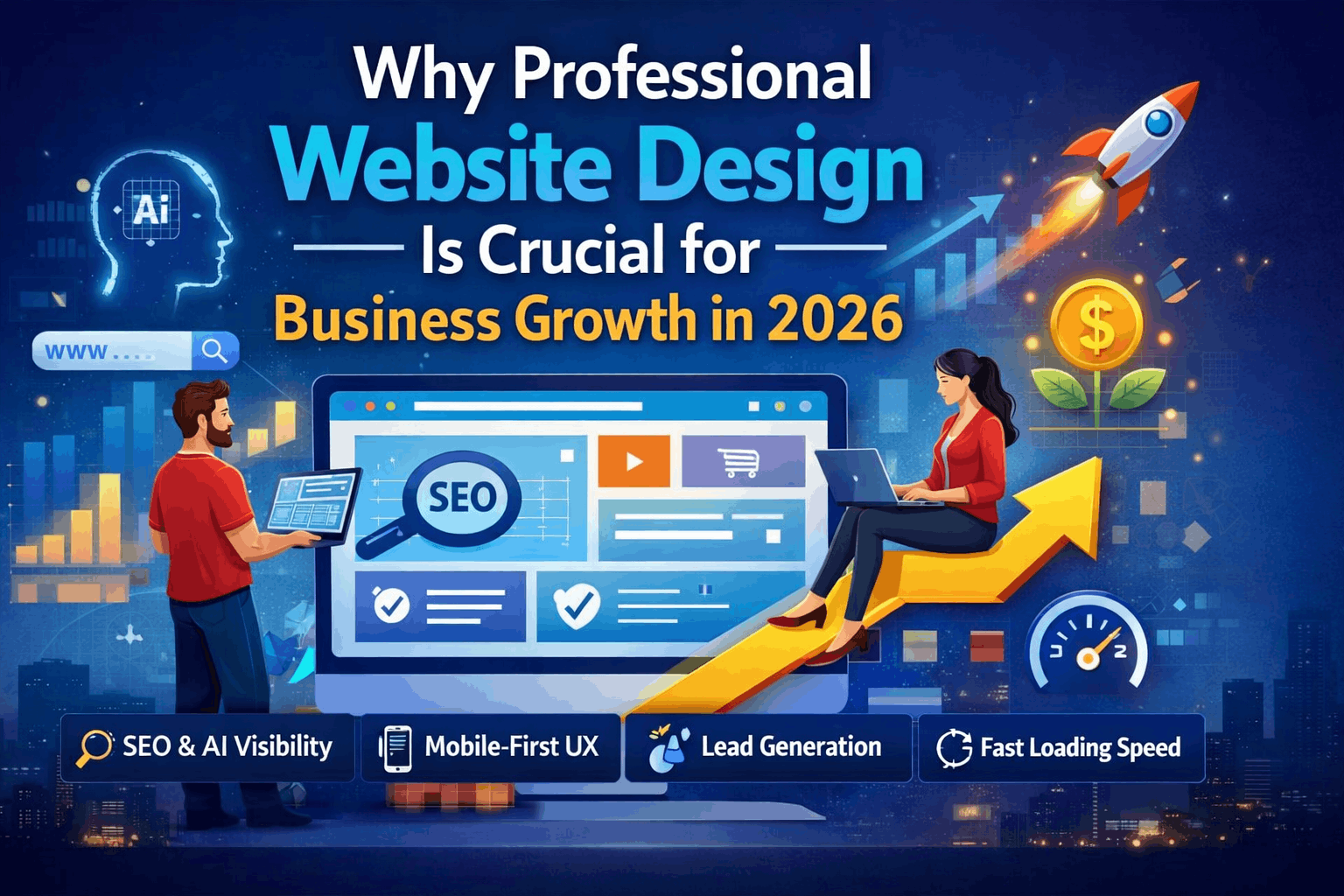



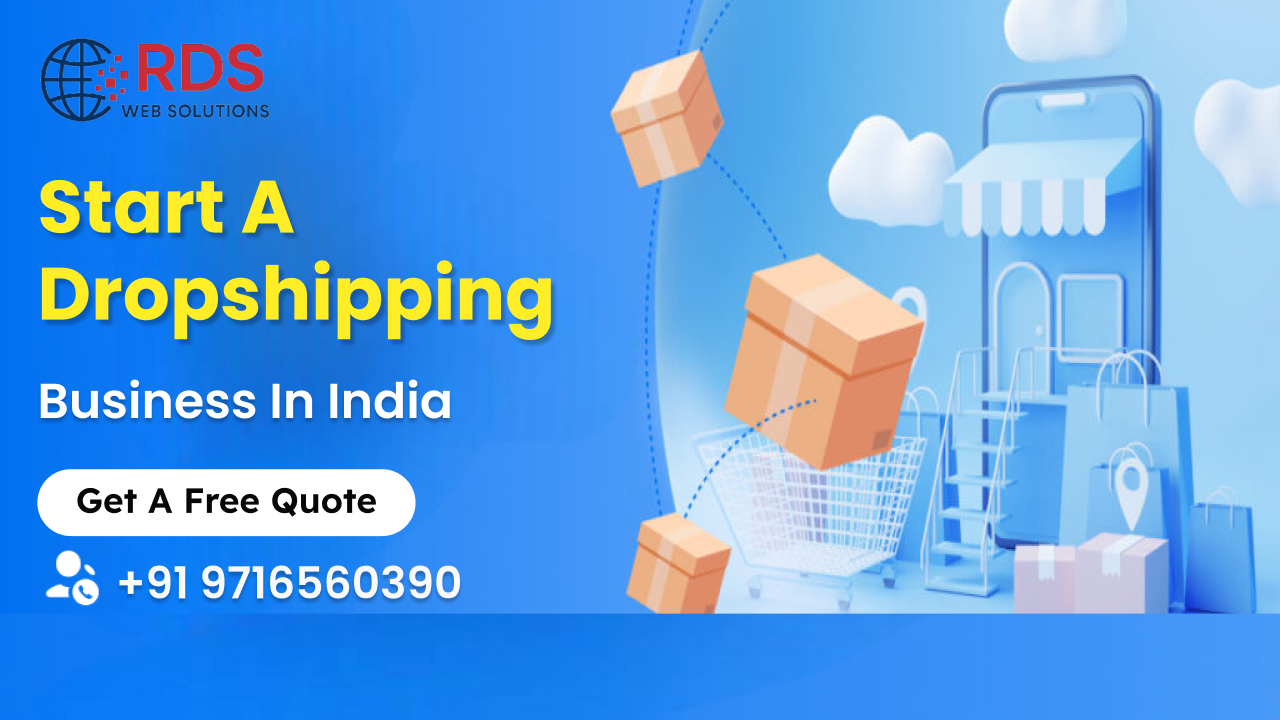

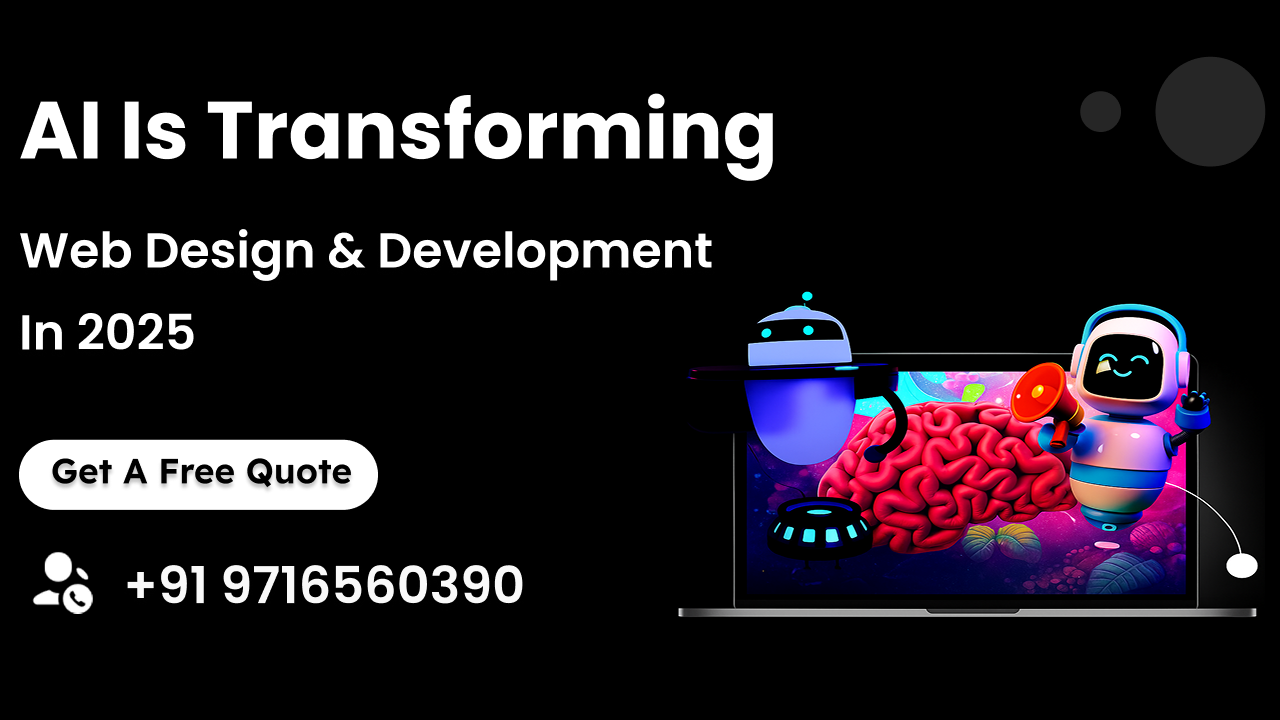


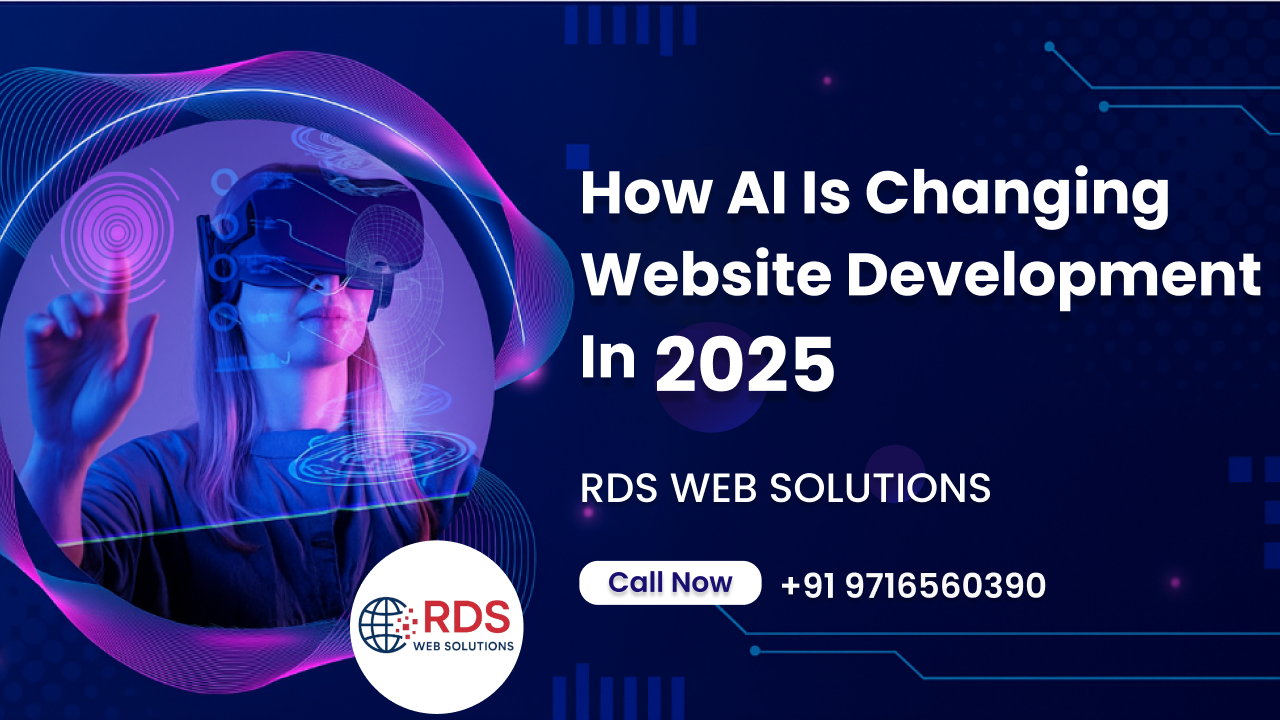
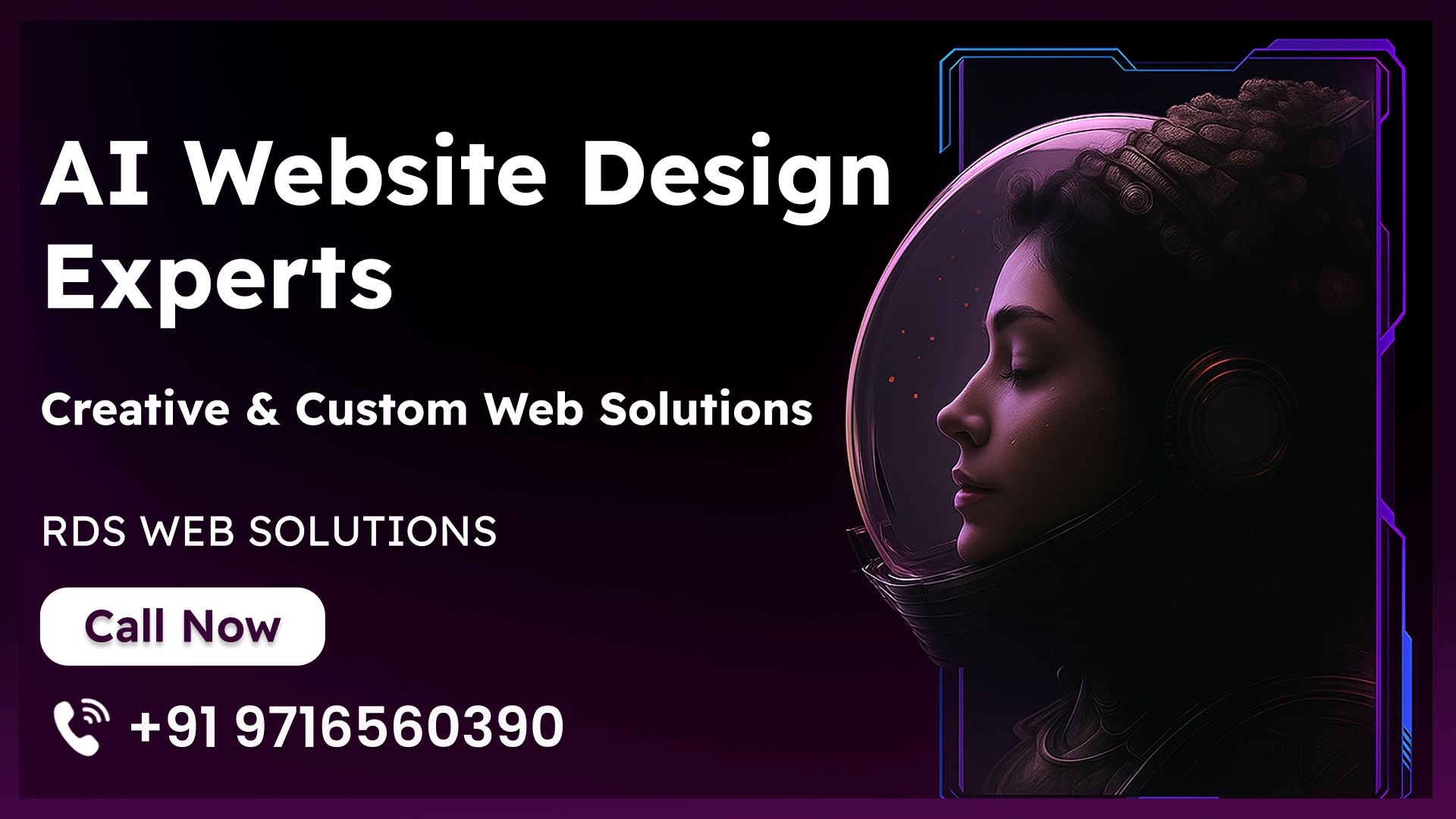

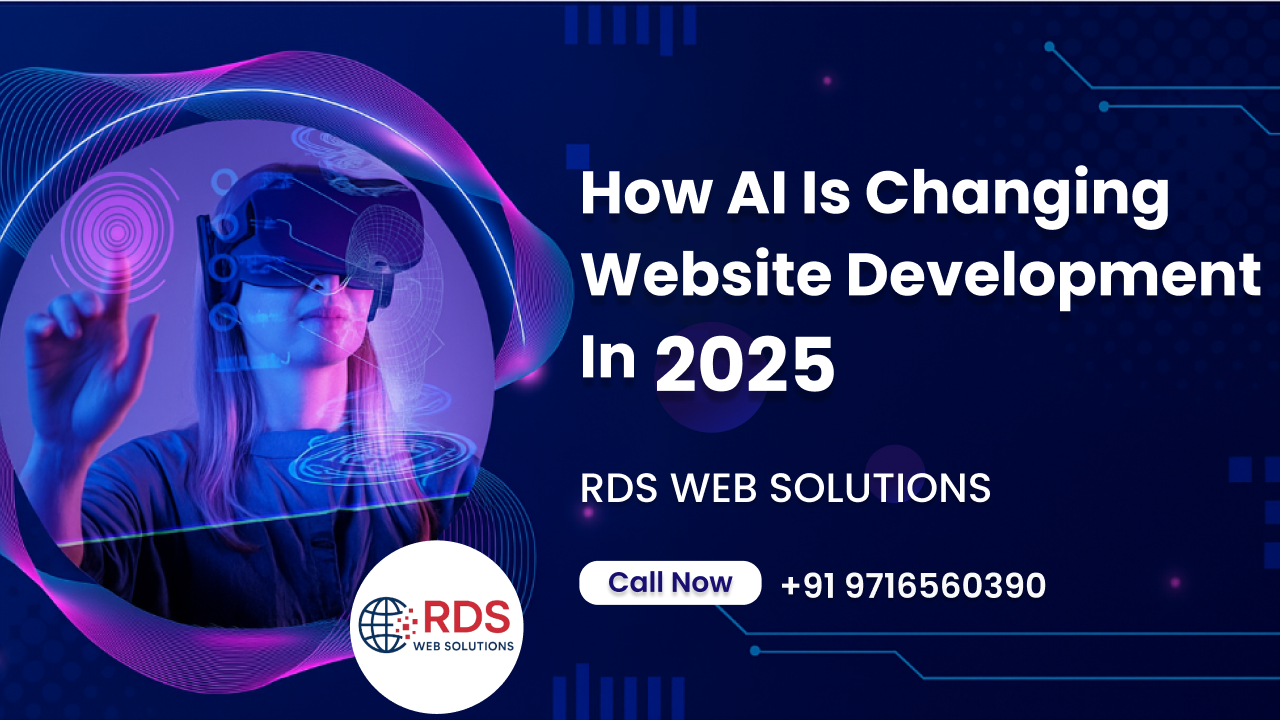
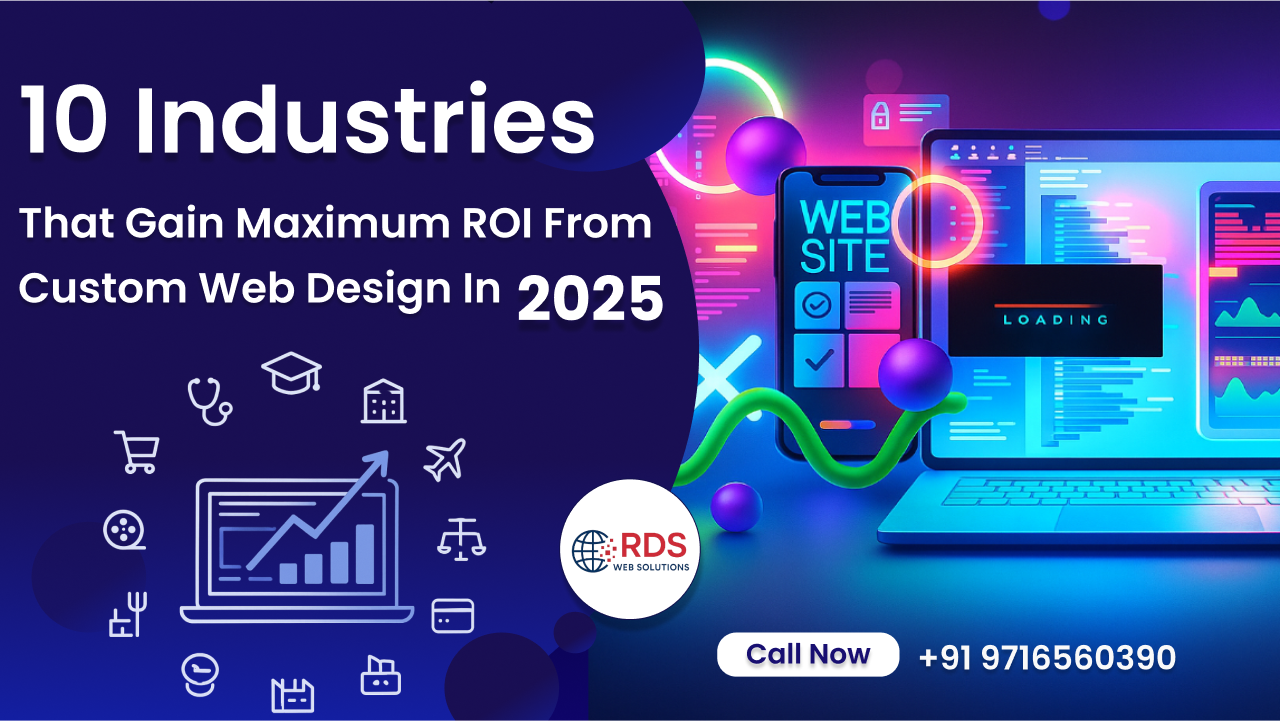


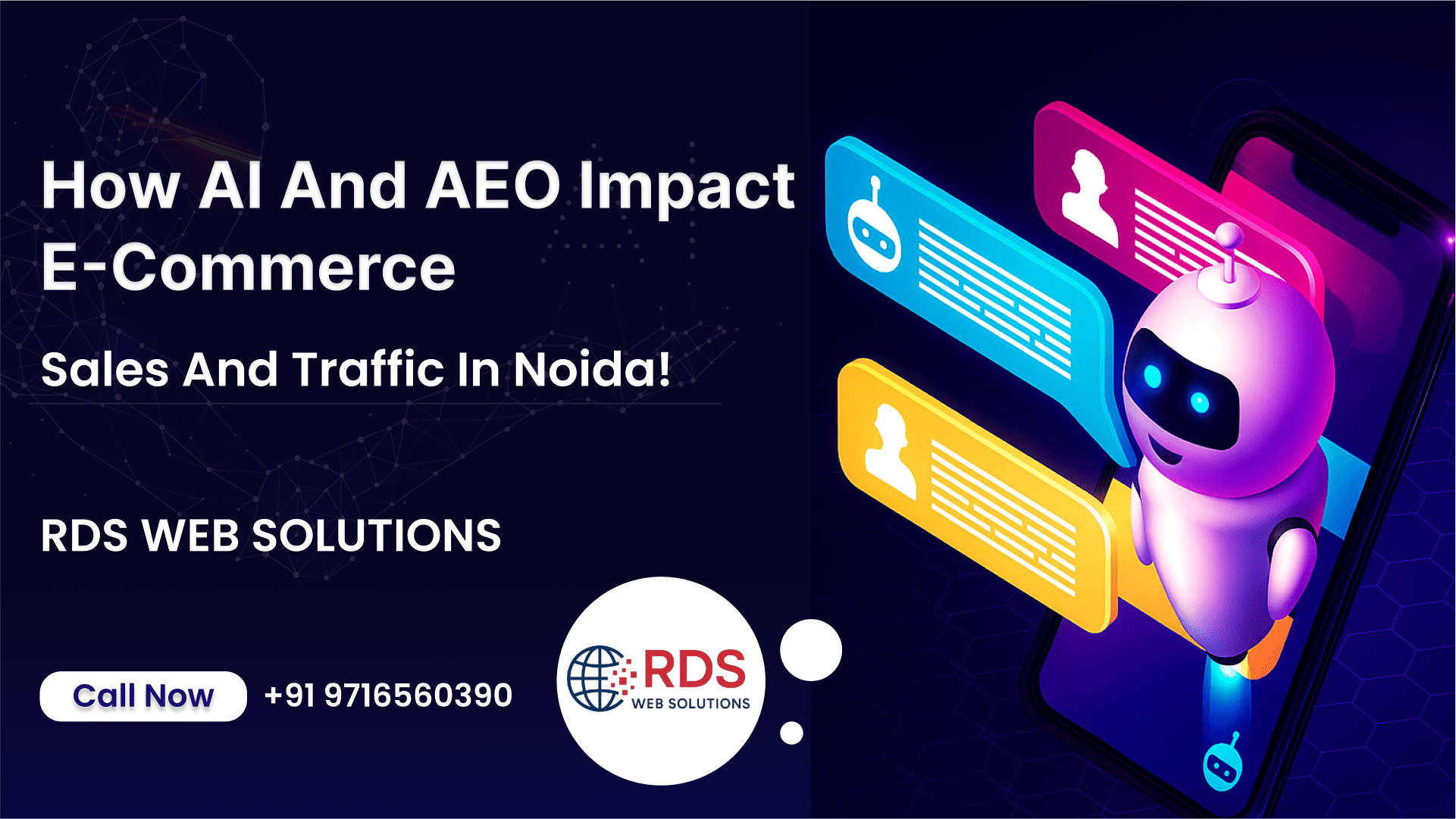

© Copyright RDS WEB Solutions- Web Designing Company Noida,Delhi,India. 2017-2026. All rights reserved | Terms & Condition
Disclaimer: ⭐ All prices are for reference only. The final cost depends on your exact requirements, features, design preferences, and project complexity. Customizations or additional functionality may increase pricing. Final quotation will be shared after detailed discussion.